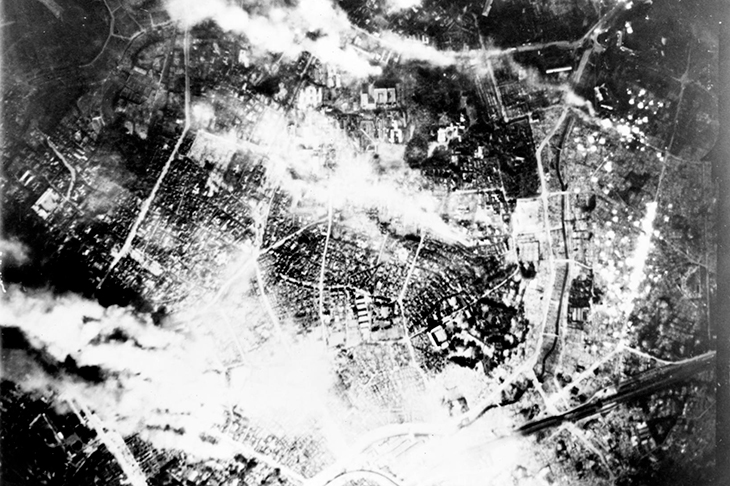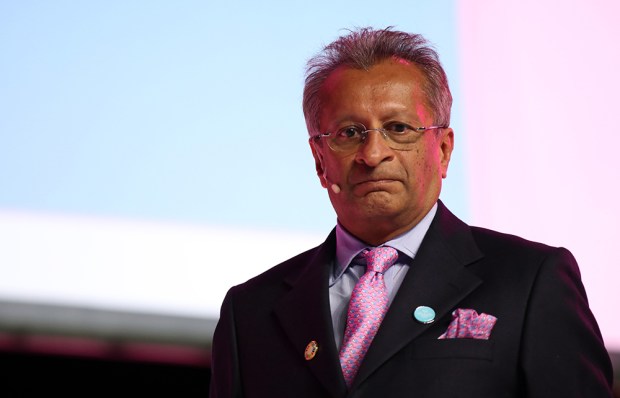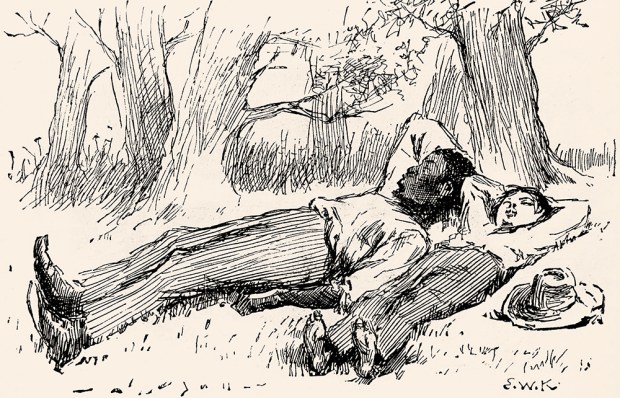In the 1930s, a group of American airmen had a dream. Air power, they believed, would do away with the need for armies and navies. The aeroplanes of the future would be able to drop bombs so accurately that there would be no need to kill soldiers in their millions: a handful of strikes on a few key factories would be enough to cripple an enemy’s economy and force them to sue for peace.
It did not take long for this dream to turn sour. When the second world war broke out, the Americans soon discovered that their precision bombing was not nearly so precise when they were being shot at. When they flew high, clouds often obscured their targets. When they flew low, they were so vulnerable that they had to hide under cover of night — which also meant they could not see their targets. In the end, they stopped aiming at specific factories and began destroying whole cities instead, particularly in Japan. Rather than saving lives, air power had simply made the bloodshed more indiscriminate.
This is the thesis of Malcolm Gladwell’s The Bomber Mafia, which charts the failure of the American bomber dream during the second world war. It begins with the invention of the Norden bombsight, which was supposed to revolutionise bombing accuracy; it ends with one of the most indiscriminate acts of violence of the 20th century — the fire-bombing of Tokyoin 1945. This is an extremely sensitive subject, and must be treated with great care. Gladwell is to be applauded for insisting that we look at this uncomfortable history a little more honestly; but, unfortunately, the space he allocates to it is probably not enough to give it the nuance it deserves.
Take, for example, the title of the book. The ‘bomber mafia’ sounds as though it refers to violent men whose only aim was to exploit the innocent for profit. But actually the opposite is true: these were men of high principle, whose main aim was to reduce the need for violence. They were only called the ‘mafia’ by their air force rivals, who resented their influence over bombing policy. A seasoned scholar of the war might know this, but a novice would not; and while Gladwell does mention it in passing, he never properly confronts the confusing nature of the term.
He contrasts the idealistic Americans with the British, who purposefully used terror as a weapon to destroy German morale. But he never explores the similarities between the British and the Americans. Both saw bombing as a way to shorten wars and avoid bloodshed. Both started their campaigns by trying to bomb accurately —and both abandoned this path because they were losing too many casualties. By the end of the war their similarities actually outweighed their differences: the Americans had reconciled themselves to more indiscriminate bombing, while the British had finally begun to pursue a strategy of much greater precision. This book only tells half of that story.
Gladwell’s treatment of the British leadership is cursory at best: they are written off as ‘psychopaths’ more than once, without much explanation. But his description of the Americans can also be misleading. The main character in this book is Curtis LeMay, who commanded a bomber unit in Europe before being transferred to the Far East to lead the campaign against Japan. Gladwell repeatedly marvels over LeMay’s sangfroid, because of the modesty he showed after personally leading two bomber raids in 1942 and 1943. But to boast about these two fairly uneventful trips would have been unthinkable, especially when his British allies were regularly flying far more dangerous missions, much deeper into German skies. LeMay was not only being brave — he was also being diplomatic. These are minor criticisms, but they add up. A subject like this, which has caused so much controversy in the past, deserves more care and attention to detail.
I don’t want to criticise this book too strongly because there is also a good deal to admire here. Gladwell obviously knows his stuff, and has produced a very readable account — it is full of the enlightening and entertaining tangents that have become something of a Gladwell trademark. I also agree with the general thrust of his argument. The bomber dream was noble but flawed, and it is high time that Americans came to terms with the reality that their bombing campaigns ended up being just as brutal as anything the British ever did.
Gladwell has made these points before in his phenomenally successful Revisionist History series of podcasts. But what works brilliantly in a podcast is not always good enough for a book. Herein lies the problem: this is not really a book at all, but a handful of podcasts rendered in print. Had Gladwell written the book first, I have no doubt that it would have been more nuanced, and much more complete.
Got something to add? Join the discussion and comment below.
Get 10 issues for just $10
Subscribe to The Spectator Australia today for the next 10 magazine issues, plus full online access, for just $10.
You might disagree with half of it, but you’ll enjoy reading all of it. Try your first month for free, then just $2 a week for the remainder of your first year.














Comments
Don't miss out
Join the conversation with other Spectator Australia readers. Subscribe to leave a comment.
SUBSCRIBEAlready a subscriber? Log in